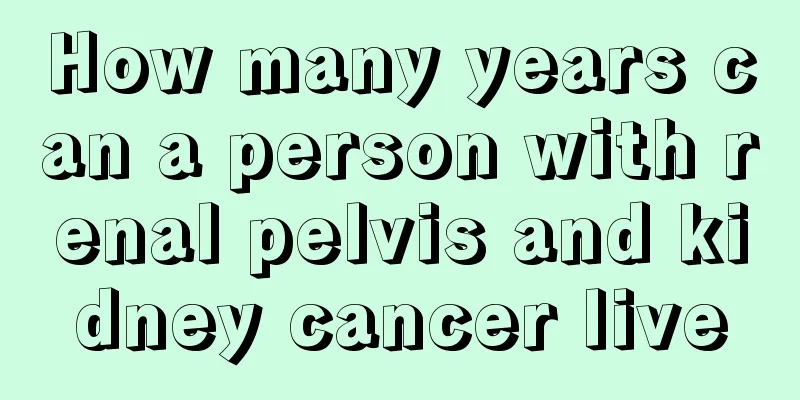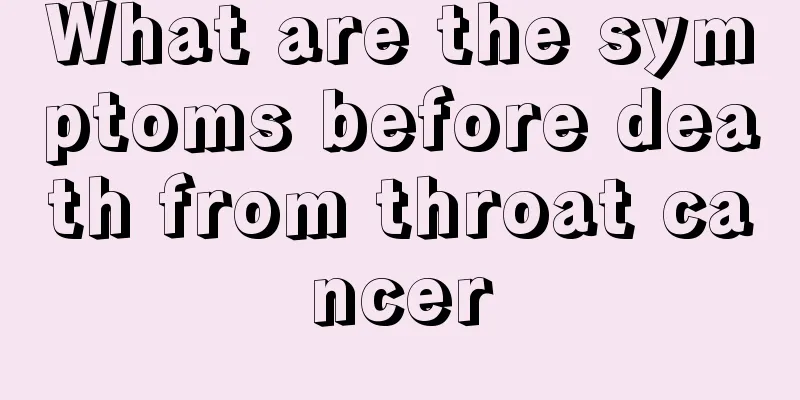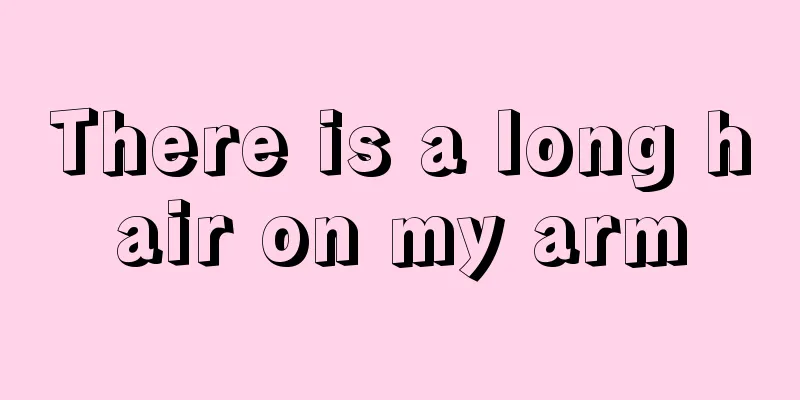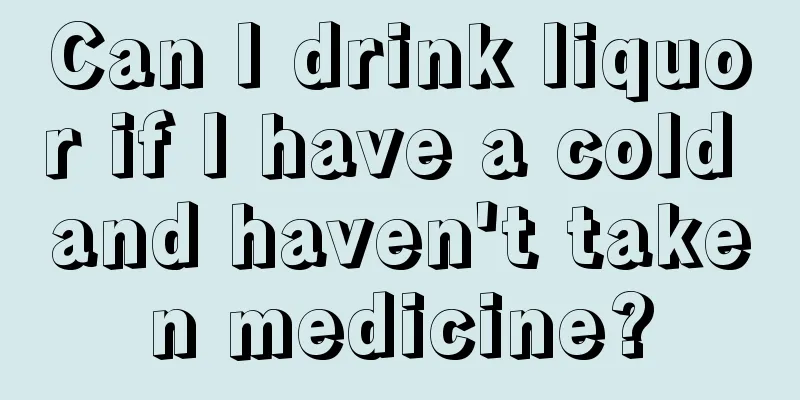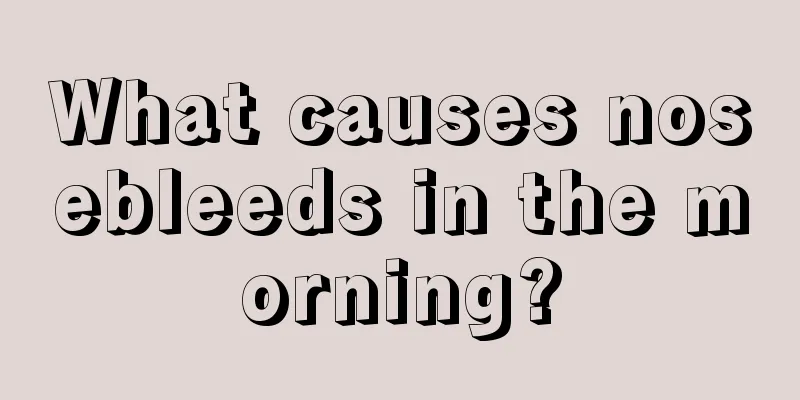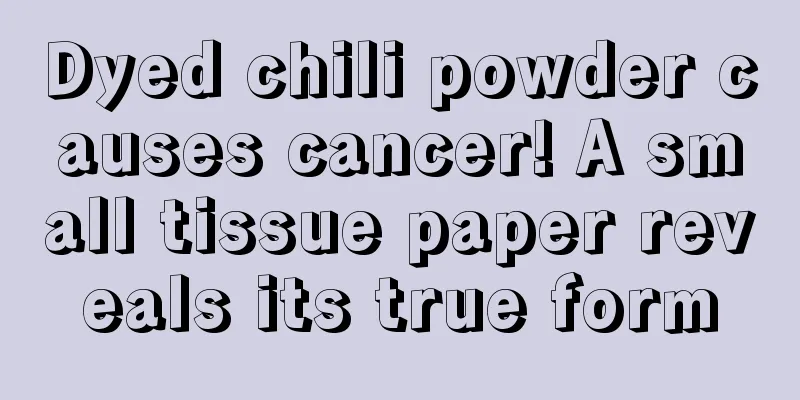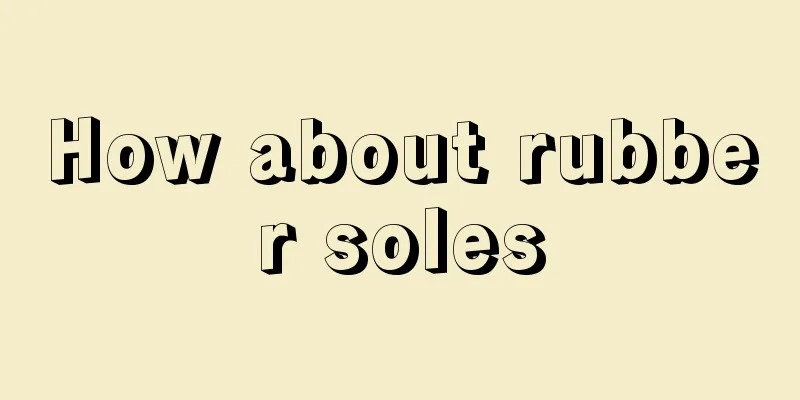How to treat intermittent strabismus

|
There are many methods for the treatment of indirect strabismus, such as ciliary muscle paralysis refractive examination or the use of prisms and shading therapy, as well as surgical treatment. However, we all know which treatment methods should be used, and we must also pay attention to examinations and make decisions based on the patient's condition. 1. Refractive examination for ciliary muscle paralysis Patients with obvious refractive errors, especially astigmatism and anisometropia, should have all corrections to ensure a clear retinal image; patients with myopia should have full corrections; for patients with exotropia and hyperopia, correcting hyperopia will reduce accommodative convergence and increase exotropia. Whether full or partial correction is needed depends entirely on the degree of hyperopia, the patient's age and AC/A ratio. Usually, infants and young children with an A/D value less than +2.00D do not need correction. For older patients, correcting hyperopia is usually necessary to avoid refractive fatigue. Elderly people have exotropia and presbyopia, and their accommodation is weakened. If they have hyperopia, they need correction and can be given the minimum degree to facilitate near vision. 2. Negative spherical lens Using a minus lens to correct intermittent exotropia can be used as a temporary measure, or placed in the upper half of the bifocal lens to treat excessive dilation; or placed in the lower half of the bifocal lens to treat insufficient convergence, stimulate accommodative convergence, and control exotropia. This treatment method should not be recommended. Children treated with this method often suffer from visual fatigue. 3. Prism and occlusion therapy Base-inward prisms can strengthen the stimulation of the fovea of both eyes. About 1/2 to 1/3 of the deviation can be corrected by prism stimulation and fusion. Recently, some people have proposed that in the early stages of intermittent exotropia, patching is a good non-surgical treatment method. With this method, about 40% of patients can change their manifest strabismus (looking at the distance) into latent strabismus. In the early stage of intermittent exotropia, surgical treatment is not recommended because it is latent exotropia most of the time, the number of manifest exotropia is not frequent, and the deviation is not large. 4. Surgical treatment There is still controversy about the most appropriate age for exotropia surgery. Some people advocate that the earlier the surgery is performed, the better, otherwise it will become a constant exotropia. Lyle believes that since most intermittent exotropia patients have good fusion ability for distant vision and binocular vision, the results of surgery after 2 to 3 years old or 10 years old are almost the same and can be observed for several years. Jampolsky advocates delaying surgery for infants and young children with immature vision to avoid overcorrection, using a negative spherical lens to enhance fusion, and alternating occlusion to prevent inhibition. If fusion function deteriorates rapidly or the oblique angle is stable, surgery should be considered. |
<<: How to effectively prevent radiation
>>: My throat hurts, what should I do?
Recommend
Will arm fibroma turn into cancer? Things to note about arm fibroma
Arm fibroma is a very common tumor disease with a...
What can you do with cooked egg yolks
It is well known that eggs contain many nutrients...
What are the early symptoms of lung cancer? 6 early symptoms of lung cancer to know
In fact, some early symptoms of lung cancer are d...
How long does it take to cure premature ejaculation?
Among various sexual dysfunctions, the most commo...
What is the reason for pimples on the face
It is normal to have acne on the face. Because th...
What to eat to prevent liver cancer? Eat more of these 3 types of food for liver cancer
A large number of studies in developed countries ...
Will your breasts get bigger if you sleep naked?
Sleeping naked is a habit that many people have. ...
Why can't surgery be performed for esophageal cancer? Treatment methods for esophageal cancer
Why can't surgery be performed for peritoneal...
What medicine should I take for red and swollen tonsils
Red and swollen tonsils are a common symptom of t...
Is advanced breast cancer contagious?
Breast cancer is not an infectious disease and wi...
What are the effective methods to treat mites
Mites are extremely tiny animals, with a body siz...
Softball
The original intention of softball was to promote...
Five diseases can cause hair thinning
Changes in hair directly reflect the internal hea...
The role of garnet
Garnet is a very common gem nowadays. It has many...
Is urethritis contagious? How is it transmitted?
Urethritis is a common reproductive infection tha...
